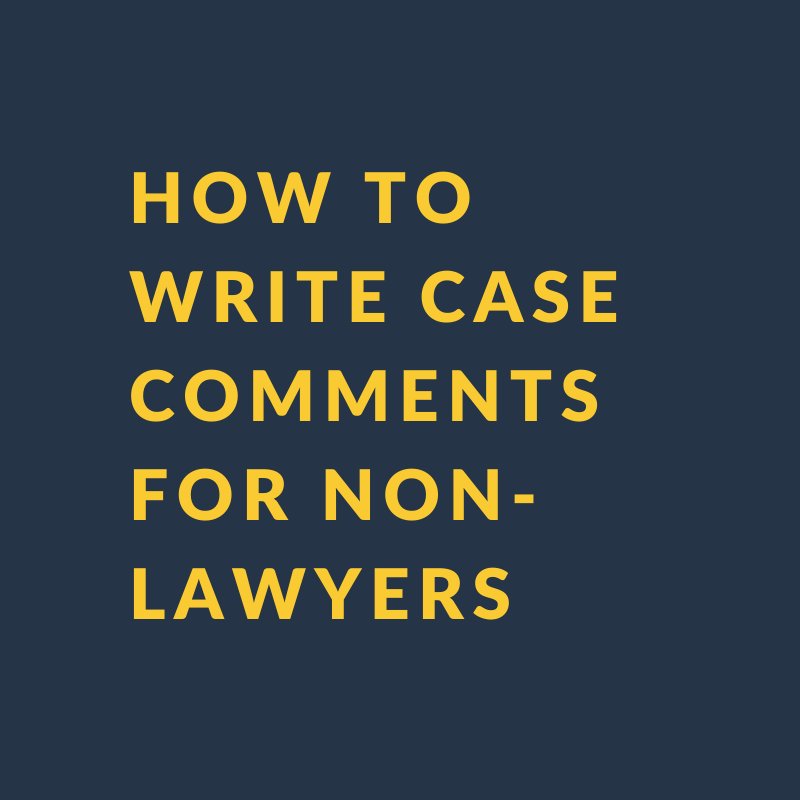Erica Toews
Legal Research & Writing
Vancouver, BC
Too busy for in-depth research or strong legal writing? I can help.
Latest Blog Posts
Services
Based in North Vancouver, British Columbia, I provide legal research and writing services to lawyers across Canada.
Legal Research
In-depth research memos
Quantum assessments
Legislative research
Annotated lists of cases
Copies of cases with brief email overview
Legal Writing
Opinion letters
Pleadings
Application/ motion materials
Mediation briefs
Factums and arguments
Papers and articles
Legal Editing
Citation accuracy
Writing style
Structure
Typos
Legal research and writing. It’s all I do.
I specialize in clear, crisp writing and careful research. I believe in open communication with my lawyer-clients and thoughtfully accommodating their needs.
















